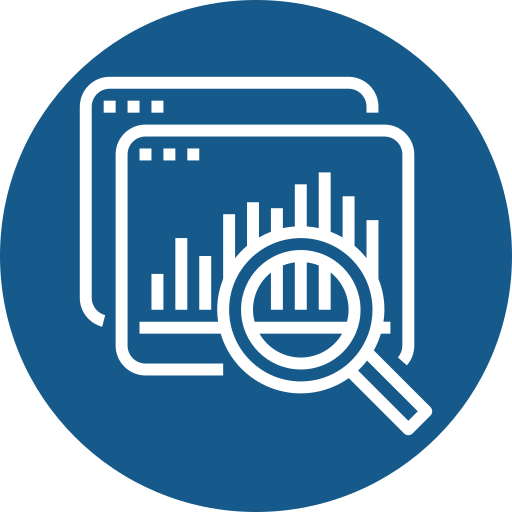Accounting and Bookkeeping

Business Setup | Registrations | Limited Liability Partnership
MODULES

Accounting and bookkeeping are two essential processes for recording, classifying, and summarising financial transactions of a business or organisation. While they are closely related, they serve different purposes:
Bookkeeping: Bookkeeping involves the systematic recording of financial transactions such as sales, purchases, receipts, and payments in appropriate books of accounts, ensuring the accuracy and completeness of financial data.
Accounting: Accounting encompasses a broader scope, including the analysis, interpretation, and reporting of financial information derived from bookkeeping records. It involves preparing financial statements, analysing financial performance, and making informed decisions based on financial data.
Importance and Benefits of Accounting and Bookkeeping

1. Financial Control:
Accounting and bookkeeping enable businesses to maintain control over their finances by tracking income, expenses, assets, and liabilities accurately.

2. Decision Making:
Reliable financial data derived from bookkeeping records and accounting reports assist management in making informed decisions regarding resource allocation, investments, and business strategies.

3. Compliance:
Proper bookkeeping and accounting practices ensure compliance with regulatory requirements, tax laws, and accounting standards, thereby avoiding penalties and legal consequences.

4. Business Analysis:
Financial statements prepared through accounting facilitate analysis of the business's financial performance, profitability, liquidity, and solvency, aiding in benchmarking and comparison with industry standards.

5. Recording Transactions:
Bookkeeping involves recording every financial transaction in journals or ledgers, ensuring that each entry is accurate and supported by relevant documentation.

6. Classification:
Transactions are classified into different categories such as assets, liabilities, equity, income, and expenses to facilitate accurate financial reporting and analysis.

7. Double-Entry System:
Bookkeeping follows the double-entry system, wherein every transaction affects at least two accounts, ensuring that debits equal credits and maintaining the balance of the accounting equation (Assets = Liabilities + Equity).

8. Financial Statements:
Accounting utilises bookkeeping data to prepare financial statements such as the income statement, balance sheet, and cash flow statement, providing insights into the financial health and performance of the business.
Conclusion
Accounting and bookkeeping play a fundamental role in managing financial records, facilitating decision-making, and ensuring compliance with regulatory requirements. By maintaining accurate and reliable financial data, businesses can enhance financial control, improve transparency, and achieve their strategic objectives effectively.


